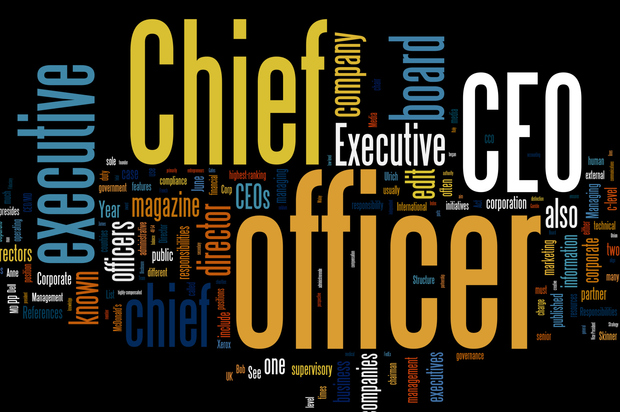More than nine in ten executives say they have insufficient capacity to remain relevant in the digital world. Then indicates research commissioned by Cognizant and the Economist Intelligence Unit. More than half of the organizations put cross-functional teams to strengthen their digital assets and more than a fifth is engaged in a merger or acquisition to get knowledge.
Analysis, algorithms, big data and automation play an important role in innovation, productivity and decision-making within companies. Organizations that embrace this development are more innovative, more productive and more flexible.
People more important than machines
When companies do not have the right talent and developing them will fall behind the competition. Based on the findings of the survey was that the vast majority of companies have been the case almost all executives surveyed (94%) say a lack of capacity to be relevant in the digital world.
Respondents especially miss capacity in the field of digital strategy (42%), big data (41%) and digital marketing (40%). Almost half of the respondents are most concerned about their capabilities in the areas of analysis and big data.
Based on the research organizations shrinking housed. Flexible workstations are normal and organizational models adapt to digitization. Disappear organizational silos. Six out of ten respondents say they are working to set up cross-functional teams approaching a specific customer segment or create a digital experience.
There is a clear shift in various sectors in the field of digitization. Business processes and customer experiences change with the advent of new technologies. It is therefore important for organizations to build now in the workplace and employee of the future.
“It is essential for companies to respond quickly to customer needs and market trends,” said Euan Davis, author of the research report and Head of Cognizant’s Center for Future of Work in Europe. “Changes are being measured weekly instead of monthly. Progressive companies must adjust their dynamics and decision to compete in a world driven by algorithms and digital innovations.
Organizations need to replace outdated business models by smaller teams that serve specific (niche) markets. When organizations implement this quickly, this disrupts the organization and corporate culture. they do it too slow, then the organization is likely to lag the competition and the company plays not on the customer needs. Organizations that adapt in time, guiding their employees well and get the right talent, have the most success in the digital world. ”
About the research
The Economist Intelligence Unit, commissioned by Cognizant over 400 managers ranging in terms of strategy and business development, marketing, sales and HR questioned in four sectors: financial services, healthcare, retail and manufacturing industry. The survey was conducted in the fourth quarter of 2015. The research data is enriched by in-depth interviews with senior reporters and experts. The research results are shared in the report People – not just equipment – Will Power Digital Innovation.


